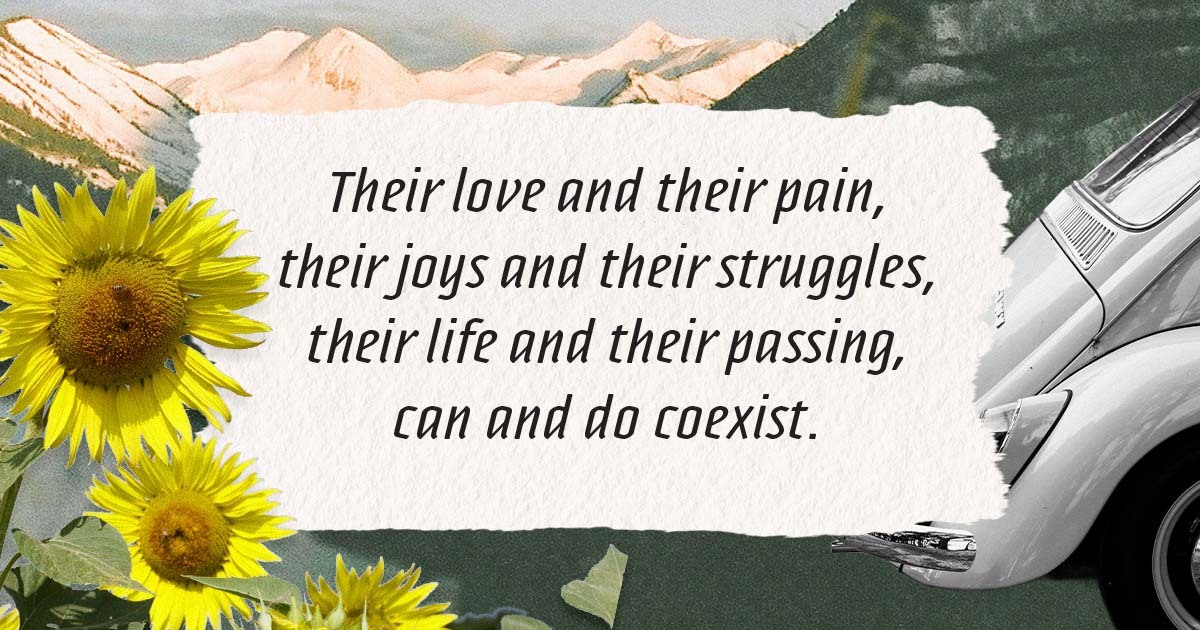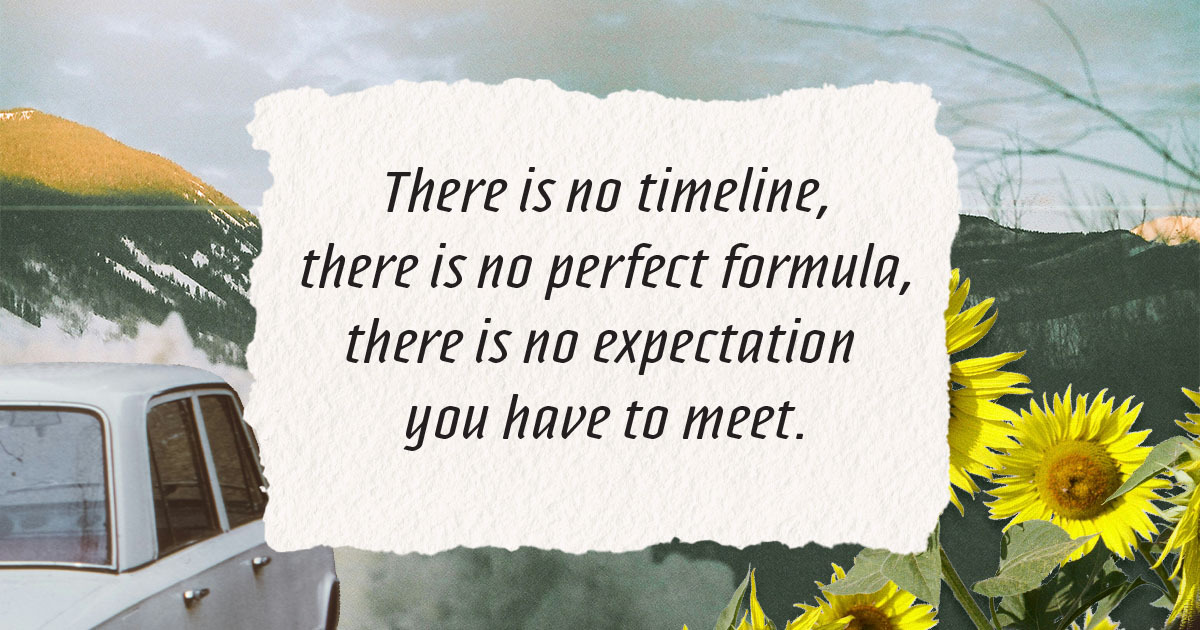Grief is universal. We all experience loss in varying ways. We aren’t seeking to compare someone’s pain to another’s, but we do want to acknowledge the reality that losing someone we love to suicide carries its own distinct imprint. The grief itself is often unique because of the stigma, guilt, and unanswered questions that follow in the wake of suicide loss. This message is for those who know this struggle intimately and for those who want to better understand and support those navigating such a loss.
The guilt that arises is often unfounded yet common
Something heartbreaking and tragic happened. The person you know and love is suddenly no longer here. The weight of the burdens they were carrying convinced them there was no hope, or they believed they themselves were a burden to others, or they sought relief in a gut-wrenching way. Within that reality, we wonder where we might have “fallen short” or “gone wrong.” Did I do enough? Should I have asked something different? Was there anything else I could have said or done? What happened? How did I not know? Sitting with these questions can be its very own kind of pain. As these questions arise, you deserve not to hold them on your own, but to release them from your chest by speaking them out loud with someone who has been there or can offer non-judgmental space. And while this guilt bubbles up or swells within, know that you are not alone and that this guilt you’re feeling is not a signal of fault; it is often a part of the grieving process.
There is stigma and misunderstanding
Suicide remains a taboo topic in many spaces. Some may believe suicide to be selfish or cowardly. Religions may deem it as unforgivable. Schools and communities may shy away from talking about it due to fear. This is not a true reflection of the person you lost, nor should it force you to grieve in isolation due to unwarranted shame or outdated judgment. We know this is easier said than done, but we want to be clear: Your brother, your daughter, your parent, your best friend are so much more than this, as are you. Their love and their pain, their joys and their struggles, their life and their passing, can and do coexist.

It’s normal to have questions and to want answers
The answers may not come, but that doesn’t mean your questions and your wonderings need to be pushed down or disregarded. Even without the answers, you can ask. Maybe you write a letter that you keep until you’re ready to release it. Maybe you speak the questions out loud to your therapist. Maybe you hold onto those questions, yourself, and your loved one with absolute compassion until the weight on your chest lessens, even just a bit.
There might be pain, anger, and frustration
You aren’t a “bad” mother, spouse, friend, kid, or person for feeling angry or upset. Someone you love is no longer here, and that hurts in immeasurable ways. You wish they had stayed. You wish it hadn’t ended the way it did. You wish they were still here. The reality is gut-wrenching. It can fill you with rage. It can stir up frustration. It can ignite a pain that feels easier to channel into anger. Let it rise without adding guilt to your heart and your grief. You are allowed to feel it.
The weight of the ache will ebb and flow
They say that time heals, and it can, but that doesn’t mean the loss disappears. It’s the weight of it that dissipates as we feel, heal, and remember. You don’t need to shut down or close yourself off from thinking about them. You don’t need to move on by a certain calendar date or anniversary. You don’t need to bottle up your grief because “it’s time.” From one moment to the next, the pain you feel and the waves of grief you’re trying to surf will change in form and intensity. One wave may feel impossible to surface from. The next might visit with a quieter ache. There is no timeline, there is no perfect formula, there is no expectation you have to meet.

Others have been where you are
Other people—mothers, friends, spouses, co-workers—have lost someone they love to suicide. They have written blogs, spoken on podcasts, and gathered together to hold space for one another’s grief. You don’t need our permission to grieve and heal out loud, but if you do want the encouragement, it’s here.
There are people who can and want to support you
No one should have to navigate their pain alone. We believe wholeheartedly in the healing power of therapy and community—whether it’s one-on-one, in a group setting, or with a collective of compassionate and informed peers. Whether it has been two weeks or 20 years, you are worthy of support, guidance, and compassion.
Amber
I love this! My kids who are 17 and 20 just lost their dad to suicide. Me and him were amazing co parents and great friends. This made me feel like my grief doesn’t have to be silent because others don’t understand it! Thank you!
TWLOHA
We are so incredibly sorry for the loss of your co-parent and friend, Amber. We are beyond grateful that our words found you and could bring you some comfort. You are not alone.